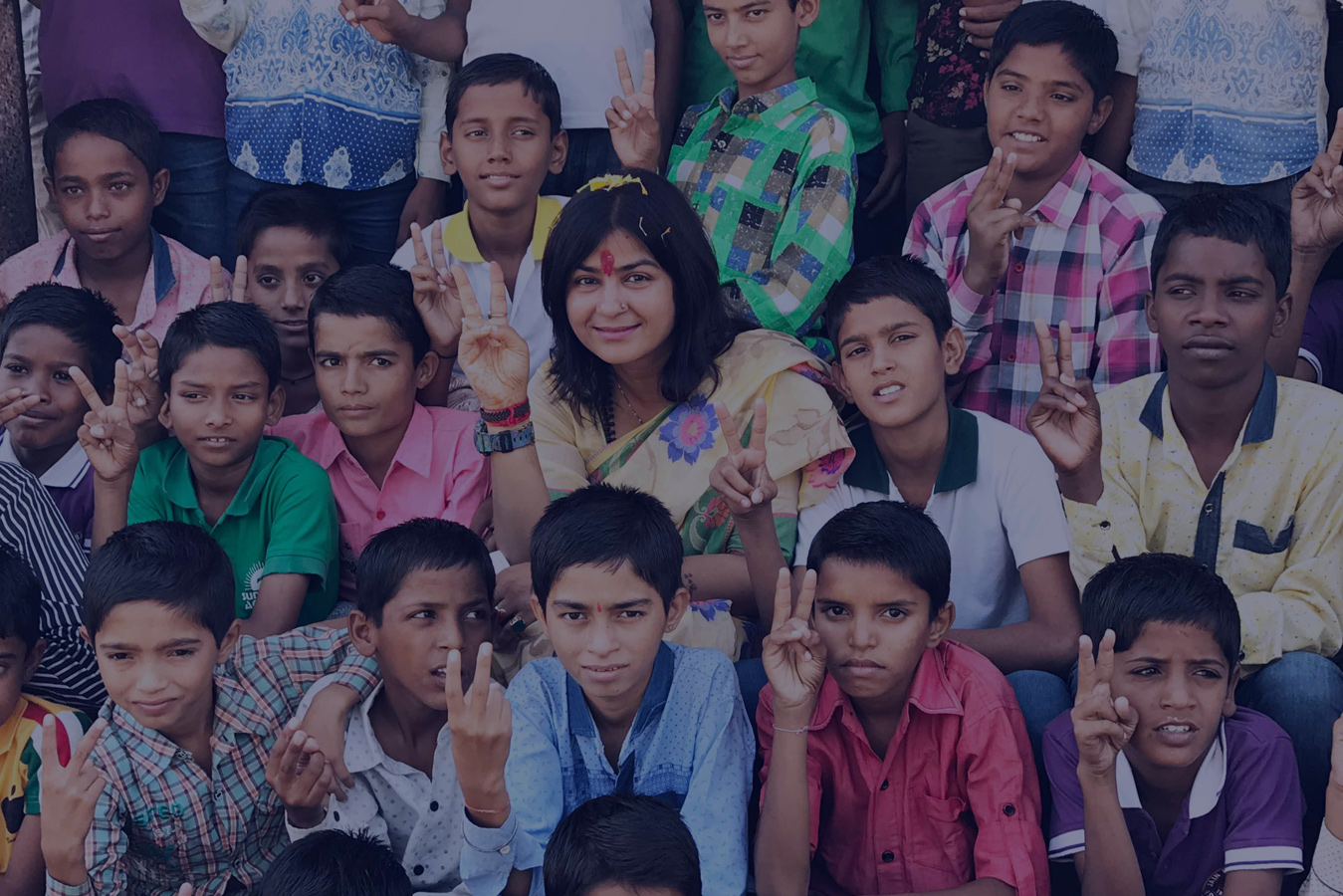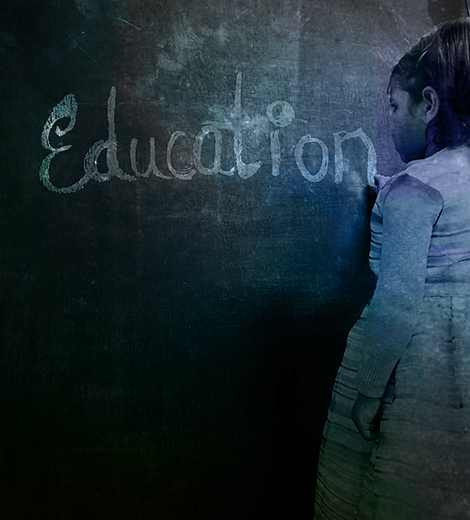
Child Rights


CHILD RIGHTS & THEIR PROTECTION
Surman Sansthan (An ISO 9001:2008 certified NGO) has been dedicated to advocating for children's rights and providing a safe shelter for abandoned and destitute children for the past 17 years. The organization works tirelessly to ensure that vulnerable children receive the care, protection, and opportunities they need for a brighter future. With a strong commitment to improving the lives of these children, Surman Sansthan focuses on providing essential amenities, education, and emotional support to help them thrive in society.
The Surman Sansthan is registered under the Rajasthan Co-operative Act 1958 under (Section 28, 1958) as on 31 Jan 1998 (Registration No.- 552/97-98).
Surman Sansthan saw the day of light after the long cherished desire and ideology of the founder, Mrs. Manan Chaturvedi, ultimately took a structural shape.
Introduction to child rights
Child rights encompass the fundamental freedoms and inherent rights of all individuals below the age of 18, ensuring their well-being and development within a protective environment.
Definition of Child Rights
Child rights refer to the entitlements and
protections afforded to every individual
under 18 years of age, as enshrined in the
United Nations Convention on the Rights of
the Child (UNCRC). These rights encompass
the right to survival, development,
protection, and participation in all aspects
of life.
Importance of Child Rights
The significance of child rights lies in promoting
their overall development, ensuring protection
from abuse, and empowering them to participate
in decision-making. Upholding these rights aids in
building a healthier and more just society, where
children can thrive and meet their potential.
Overview of Child
Rights in India
In India, child rights are upheld through
constitutional provisions, various laws, and
numerous government initiatives. Despite progress
and legal frameworks like the Right to Education Act
and the Protection of Children from Sexual
Offences Act, implementation remains a challenge
in addressing violations such as child labor and
trafficking.
Constitution and
Child Rights
The Constitution of India provides a
strong foundation for child rights through
Articles that guarantee equality,
protection from exploitation, and the
right to education. Particularly, Article 21
mandates the right to life and personal
liberty, which has been interpreted to
include the right to a dignified life for
children.
Child Rights
1. Right to Survival
2. Right to Education
3. Right to Protection
4. Right to Participation
5. Right to Development
6. Right to Health and Well-being
7. Right to Identity
8. Right to Expression
9. Right against Discrimination
10. Right to a Safe Environment

